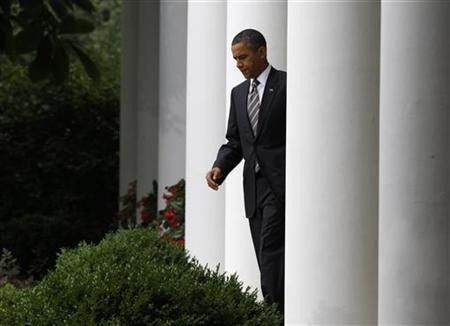S&P Joins Moody’s, Dagong to Warn US Against Debt Default

The chorus of voices warning against a US debt ceiling induced default is growing.
The S&P ratings agency said: owing to the dynamics of the political debate on the debt ceiling, there is at least a one-in-two likelihood that we could lower the long-term rating on the U.S. within the next 90 days.
S&P follows the steps of Moody's, which said the possibility of a downgrade is low but no longer de minimis.
Earlier, China, through its government affiliated ratings agency Dagong, dished out some harsh words.
Dagong CEO said: if the raised limit fails to pass and the US faces default, the rating will be immediately and substantially downgraded.
So what's the big fuss about missing a few payments, especially if the world knows the US has the ability to pay up in a short time?
Billionaire investor Warren Buffett, in a CNBC interview, explained that there is a big difference between a borrower that has never missed a payment versus a borrower that has. It's that simple.
What's at stake is America's risk-free status.
In finance, a premium is placed on reliability because entities need reliability to plan for the future. This is especially important when it comes to cash flow.
Whereas many institutions wouldn't rely on proceeds from junk bonds (or even investment grade corporate bonds) to fund future payment obligations, they would rely on risk-free Treasuries.
Every business school student is taught that Treasury rates are risk-free rates. Practically speaking, it means the US government borrows at a lower rate than any other entity in the world because the lender is guaranteed a nominal return at a set time.
If the US government defaults, however, Treasuries are all of sudden risky and would probably lose a part of its risk-free premium.
The few proponents of US defaulting on August 2 argue that it's better to default and force big spending cuts in the long-term budget. The counterargument, however, is that the US government can do that without unnecessarily losing its risk-free status.
You're playing with fire when you don't need to play with fire. We don't need to tell the rest of the world that anytime people in Congress start throwing a tantrum that we're not going to pay our bills, said Buffett.
© Copyright IBTimes 2024. All rights reserved.





















